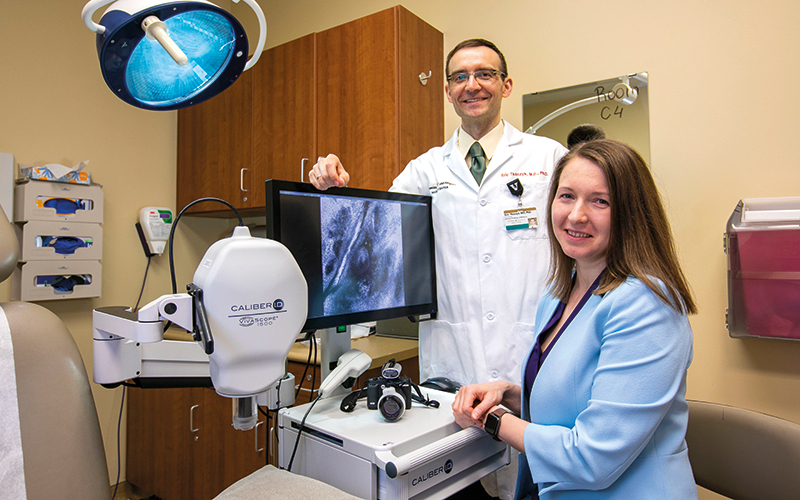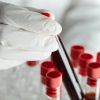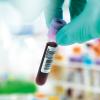In a new study, 10-second videos of white blood cell motion in the skin’s microvasculature greatly improved the prediction of which stem cell and bone marrow transplant patients would have a relapse of their blood cancer.

In the typical immune response, white blood cells are seen to interact with the inner walls of veins, rolling along them before adhering, then exiting through them to go to sites of inflammation.
Transplant patients whose white blood cells were caught on video with greater adherence levels and greater rolling along vessel walls were more than three times as likely to have cancer relapse or die, compared with those with normal adherence and rolling levels.
The stark findings are much more predictive than established models of blood cancer relapse and death, say the authors.
In a previous study involving non-invasive microscopy and graft-versus-host disease, the researchers stumbled on what appeared to be an association between higher white blood cell activity and cancer relapse.
Inga Saknite, Adjoint Assistant Professor of Dermatology, who presented the findings to the annual meeting of the American Academy of Dermatology, said: “When we were able to turn our focus to this activity and measure it carefully in this new study, we found the association to be indeed striking.”
According to their report, the clinical value of using videomicroscopy to non-invasively view white blood cell activity in patients’ blood vessels has been unexplored until now.




